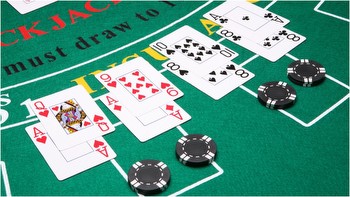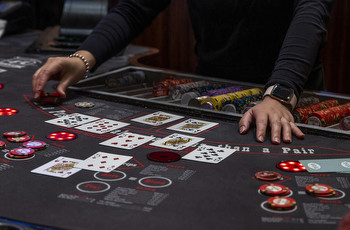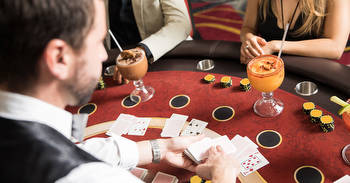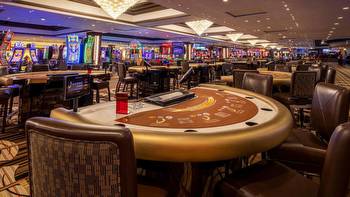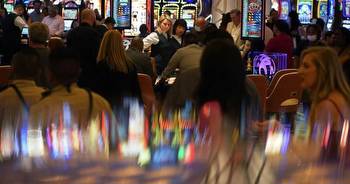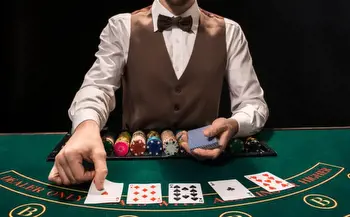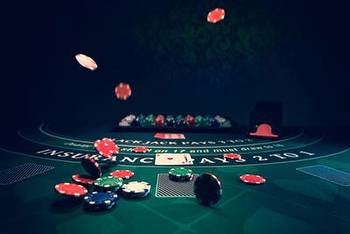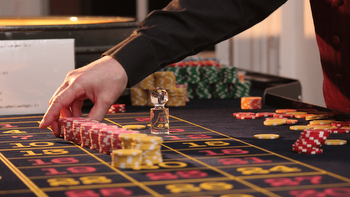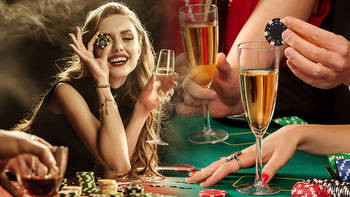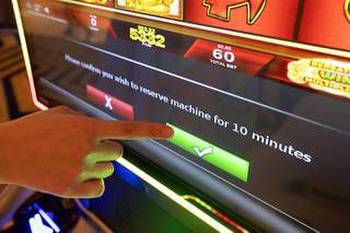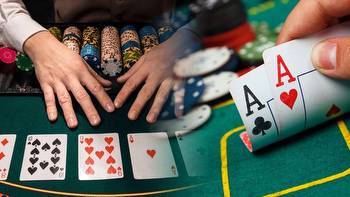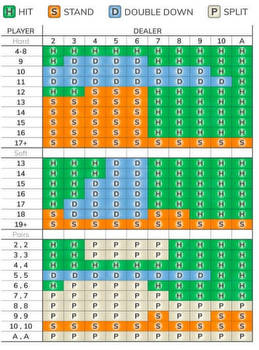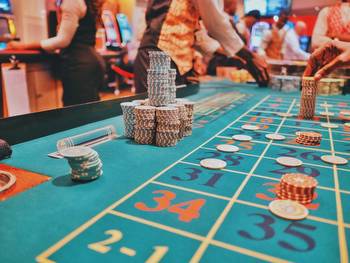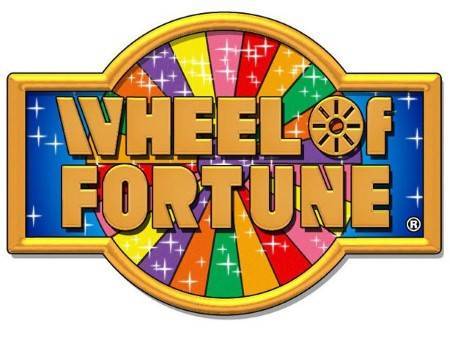Who to tip, and how much, when gambling in Las Vegas: Travel Weekly

But what about Las Vegas casinos, where cash and chips flow as easily as the complimentary drinks that keep the players lubricated? What do dealers, gaming attendants and cocktail servers expect in a city where gratuities have a long tradition? It really depends on whom you ask.
Tipping a cocktail waitress at least $1 for free drinks she brings to you is still recommended, if only to keep them coming back, even finding you if you move to a new table or machine. Tip a bit more per drink and, hey, the pours may get stronger as word gets around.
At the tables is where tipping becomes more mysterious. Newbies, who ironically may need the dealer's instruction and patience more than others, often don't know how or how much to tip. Online guides may help cover some rules of thumb, but questions remain.
The first thing to remember, says longtime observer and former professional gambler Anthony Curtis of the Las Vegas Advisor, is tipping might improve your dealer's mood and, therefore, the table's dynamic. But it certainly won't change your luck.
Etiquette at the blackjack table is to place a bet for the dealer by placing a chip in front of your wager.
"Let's say you bet $10. And above that you place a $1 bet for the dealer, and now you win and lose together," Curtis said. "To do that once or twice in an hour, I think, is plenty. [In response to the small amount and infrequency] Any dealer would say, 'Holy mackerel, that's terrible. What are you talking about?' But you know, they've got a different agenda."
Tips should be somewhat commensurate with how much you're wagering. "If you're betting black chips ($100), the dealer isn't going to think much of a $1 bet you put out for them," Curtis said.
It gets more complicated at the poker table. "It tends to get to a point where everybody thinks after every pot, you've got to throw on something, even if it's 50 cents or a dollar. I kind of disagree with that. But again, it's a peer pressure thing. Maybe you watch and see what others at the table are doing and treat it that way."
Tipping is always better during play, when a dealer's attitude might be affected, rather than at the end of the session, Curtis said. And if you get even a whiff of being pressured to tip, you should walk away and not feel bad.
Let's say you've won big at a slot machine, which will light up for a hand pay. An attendant will soon arrive with big bills and many some $20 bills. "They're gonna want you to hand them [back] a 20. I don't see any value in it. Of all the things we just talked about, I would say the person who needs to be tipped the least is the person who's paying you off on something they had nothing to do with," said Curtis, who is admittedly conservative with his approach to tips.
Still, on a win of up to $1,200, Curtis would tip $5 or $10. More than $1,200, maybe a $20. If we're talking $20,000 or $30,000 -- well, that's when you might want to hand out a couple of 20s, he said.
Another point of view
Longtime observer, blogger and frequent gambler Scott Roeben of Vital Vegas has a more generous tipping philosophy. If a $1 tip for a waitress was apropos decades ago, then why isn't $3 or $5 the acceptable amount now, adjusting for inflation, he wondered.
"If you're betting $5 a hand over and over and over, to give a bartender a dollar for your comped drink seems absurd," Roeben said. "My rule of thumb is whatever you're spending on one spin, give that as the gratuity."
Consider placing a bet on behalf of the dealer in the denomination you're betting every 15 minutes or 10 hands or even more frequently when you're on a good run, he said.
It's hard to get mad at first-time visitors and those coming from other countries who may not be aware of Vegas' tipping culture, but they should brush up on the subject, Roeben said.
"As a more experienced player, I am vocal. And dealers love it," he said. "I make sure that people around me who aren't tipping know [dealers] accept tips. 'This is how to tip.' It's a conversation starter."
Roeben said he's compiled a list of why people don't tip in casinos:
• They're against all gratuities in any context.• They'll never see that person again. • They're down for the day.
• They ask, "What did the attendant actually do?"
"Ultimately, the answer is: this is customary. And people in Vegas rely on tips. The system is screwy, the system is ambiguous and murky. But you still have to tip. That's always my go-to standard. … Vegas is a culture and a vibe and a history. And I tip because it's about me, my mojo."
Roeben said he thinks tipping is declining because of increased resort, service and parking fees and high prices overall.
"When people see a cocktail for $24, they're much less inclined to tip generously because they resent the cost of things," he said. "When they go to a craps table that used to be a $5 minimum and now it's $15, I have heard people express they're just resentful of the cost of Vegas. So tipping is what suffers."
Both Curtis and Roeben agree that you should tip those who made your experience better with an amount that reflects your mood and pocketbook. There's no need to go crazy with generosity or second-guess a seemingly miserly decision when there's no right answer for everyone.
"You need to show your appreciation once in a while. And it's OK to do that. [But] you don't want to overdo it," Curtis said.
"If you can't afford to tip a dealer, don't gamble. It's built into the cost of your experience," Roeben said.








